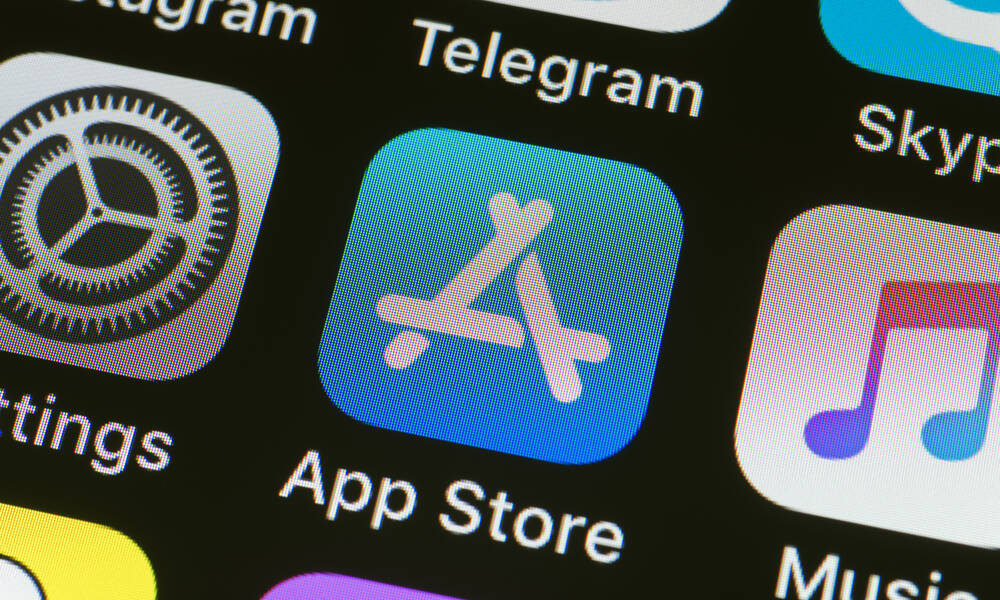
Tech Groups Warn of Ripple Effects From App Store Ruling
The Supreme Court’s decision to allow users to sue Apple for running its iOS App Store as an alleged monopoly could discourage others from building such platforms in the future, tech associations warn.
This week, the Supreme Court opened the door to lawsuits against Apple over how it runs its App Store—and several associations are warning of potential risks to a key digital ecosystem.
The court’s ruling in Apple, Inc. v. Pepper holds that lawsuits claiming that Apple unfairly keeps the price of apps high by running the App Store as a monopoly may go forward to trial. The plaintiffs argue that because Apple requires developers to sell their apps for iOS devices through the App Store and because consumers have no alternative outlets to purchase them, the business model amounts to an illegal monopoly.
The Supreme Court didn’t determine the merits of those claims, but the decision allowing the litigation to proceed is leading to a bevy of concerns from the tech industry, including some associations.
The App Association, for one, noted that the scale of Apple’s platform had strengthened the entire software industry and that the ruling set a “troubling precedent.”
“Ten years ago, getting software was quite a different and onerous process—our members count on platforms that enable customers to purchase software safely, easily, and with confidence,” the association said in a statement. “Under this decision, only trial lawyers will benefit from the simplification of platforms as a retailer and vendor model.”
The association also raised concerns that the ruling misrepresented developers “as ‘suppliers’ or ‘manufacturers’ to platforms” rather than independent software makers who choose to take part in Apple’s ecosystem.
The Computer & Communications Industry Association had argued in an amicus brief [PDF] that the lawsuit could make software developers less willing to build platforms.
“If businesses offering digital platform services risk being subjected to such massive, duplicative treble-damages claims simply for connecting buyers and sellers, they likely will be less inclined to offer and extend these services,” CCIA said in the brief.
In a news release published Monday, the association called the decision “disappointing,” and CEO Ed Black said the ruling “may unintentionally expose businesses offering digital platform services to unintended liability.”
Cybersecurity Risks
Outside of the association world, cybersecurity experts warn that the case could open the floodgates to security problems that the iOS ecosystem has largely avoided since the App Store’s 2008 debut. According to many security pros, iOS was more secure than Android because of the App Store’s policy of accepting only approved apps.
In comments to The Hill, Renaud Deraison, cofounder and chief technology officer of the cybersecurity firm Tenable, noted that Apple’s approach, while at times aggressive, ultimately helped keep users secure.
“If Apple were mandated to allow third-party app stores to exist, the likelihood of malware-ridden apps would be high, as we’ve seen on platforms with multiple stores,” Deraison stated. “That level of autonomy is definitely not in the customers’ best interest.”
The Apple decision comes at a time when major technology companies such as Google and Facebook are facing increased antitrust scrutiny from regulators and critics. Last week, for example, Facebook cofounder Chris Hughes called on the company he helped launch to be broken up.
(stockcam/iStock Unreleased/Getty Images Plus)






Comments